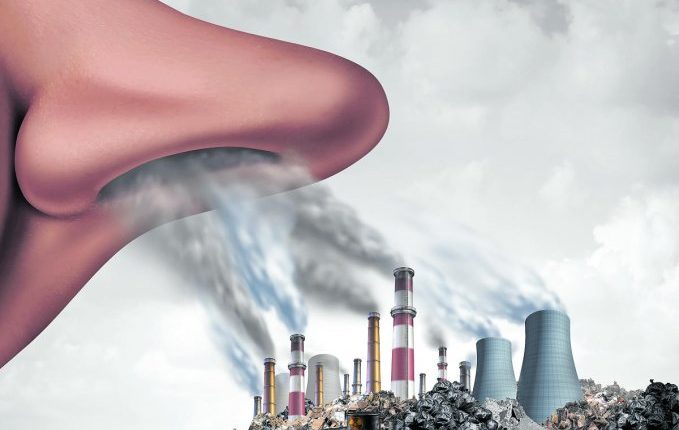Pollution
Pollution is the introduction of harmfulmaterials into the environment. These harmful materials are called pollutants. Pollutants can be natural, such as volcanic ash. They can also be created by human activity, such as trash or runoffproduced by factories. Pollutants damage the quality of air, water, and land.
Many things that are useful to people produce pollution. Cars spew pollutants from their exhaust pipes. Burning coal to create electricity pollutes the air. Industries and homes generate garbage and sewage that can pollute the land and water. Pesticides—chemical poisons used to kill weeds and insects—seep into waterways and harm wildlife.
Air Pollution
Sometimes, air pollution is visible. A person can see dark smoke pour from the exhaust pipes of large trucks or factories, for example. More often, however, air pollution is invisible.
Polluted air can be dangerous, even if the pollutants are invisible. It can make people’s eyes burn and make them have difficulty breathing. It can also increase the risk of lung cancer.
Water Pollution
Some polluted water looks muddy, smells bad, and has garbage floating in it. Some polluted water looks clean, but is filled with harmful chemicals you can’t see or smell.
Polluted water is unsafe for drinking and swimming. Some people who drink polluted water are exposed to hazardous chemicals that may make them sick years later. Others consume bacteria and other tiny aquaticorganisms that cause disease. The United Nations estimates that 4,000 children die every day from drinking dirty water.
Land Pollution
Many of the same pollutants that foul the water also harm the land. Mining sometimes leaves the soil contaminated with dangerous chemicals.
Pesticides and fertilizers from agricultural fields are blown by the wind. They can harm plants, animals, and sometimes people. Some fruits and vegetables absorb the pesticides that help them grow. When people consume the fruits and vegetables, the pesticides enter their bodies. Some pesticides can cause cancer and other diseases.
Reducing Pollution
Around the world, people and governments are making efforts to combat pollution. Recycling, for instance, is becoming more common. In recycling, trash is processed so its useful materials can be used again. Glass, aluminum cans, and many types of plastic can be melted and reused. Paper can be broken down and turned into new paper.

